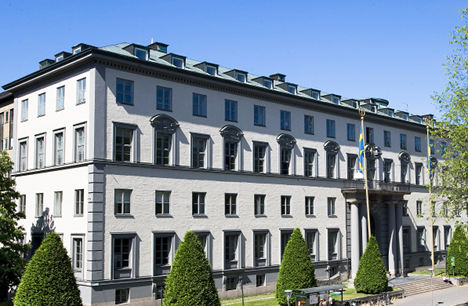A new world is taking shape, a world in which there will be more people who can – and want to – do the same things as you. Borders are opening up and mobility is increasing, along with competition for jobs.
A bachelor's degree will no longer be sufficient to guarantee you a good position. For those who want to be equipped for the future, it is more important than ever to be armed with knowledge.
However, the demand for high quality education is beginning to exceed supply. Technology is alleviating the situation, for example, through the development of Massive Open Online Courses (MOOC) offered by prestigious universities.
But experts predict that rapid expansion in provision may result in lower quality, and the gap between the top tier of education and the mid- and low tiers will increase.For those aiming for the top, the choice of school is more important than ever.
As competition for jobs increases, moreand more people see it as essential to continue studying throughout their lives. And, as the rate at which knowledge is accumulated increases, a close relationship between research and teaching becomes critical for the quality of education.
At the Stockholm School of Economics (SSE) this is ensured since the teaching faculty are researchers who lead in their fields. SSE offers a rigorous business education for those who do not want to compromise on quality.
The school is ranked as the best Nordic business school by the Financial Times, and is amongst the top 35 in the world in Executive Education.
SSE is EQUIS-accredited, and Sweden's representative in The Global Alliance in Management Education (CEMS), through which the world's foremost business schools, along with around 70 multinational companies, form a global alliance.
Learning with, and from, one another is a central feature of the educational programs at SSE, so it is important that all participants are highly motivated.
The formal admission requirements for the Executive MBA program are high, and all applicants are interviewed to ensure that their level of ambition and their expectations are correspondingly high.
Within the program participants are provided with a personal coach and peer-to-peer coaching to enable everyone to develop to their full potential.
To find out more about the MBA Executive Format and other executive education at SSE visit hhs.se/mba or ifl.se
Article by Stockholm School of Economics IFL Executive Education



 Please whitelist us to continue reading.
Please whitelist us to continue reading.